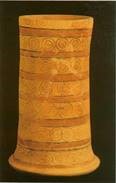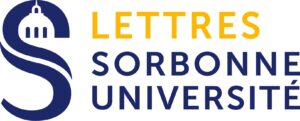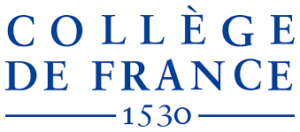When Purity Rules become Literature – Cultic Purity in the Text and behind the Text of the Hebrew Bible

In the so-called priestly texts within the Hebrew Bible, which might constitute one of the earliest continuous textual levels of the Torah, purity rules play an essential role. In their literary context, they are closely connected to a utopian constitution of a people who, at the likely time of the utopia’s origin (after the conquest of Judah and Jerusalem by Nebuchadnezzar in 587 BCE), lacked a cultic center as well as a political center of power. These purity rules imply ideas of the human body that might have parallels in other Ancient Near Eastern cultures and are only partly transfigured by their literary context. They have either been understood as an expression of an understanding of the human body predating the literature that makes use of them or as a pure literary device. I assume that both approaches have shortcomings. Utopian concepts (including underlying body concepts) have roots in a reality behind the text. This lecture will try to understand body concepts underlying the priestly purity rules in this multidimensional context.
- Pour en savoir plus
- Pour assister à la conférence (sur place à Ivry sur Seine ou par vidéo-conference) merci de vous inscrire gratuitement à l’adresse suivante :
alice.mouton@cnrs.fr
avec le soutien du Labex RESMED




